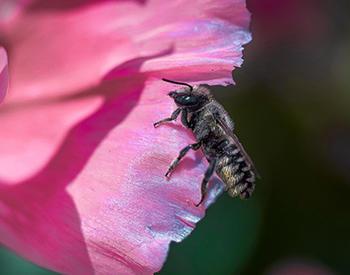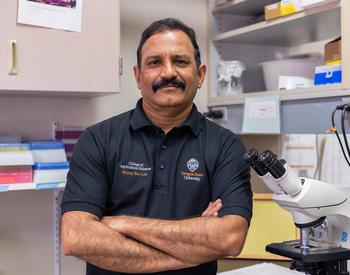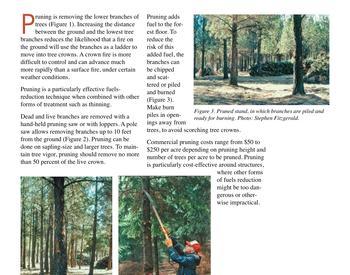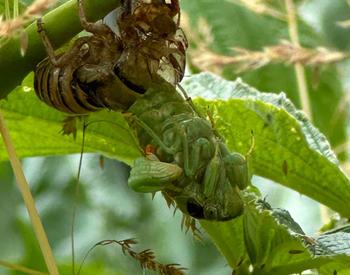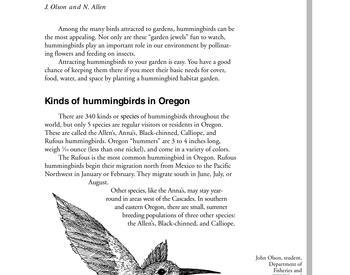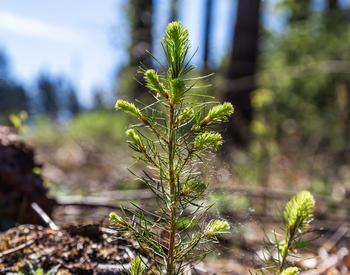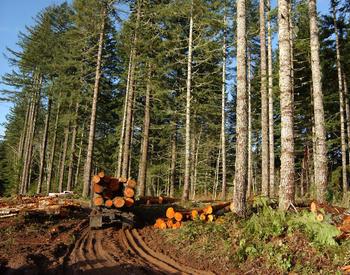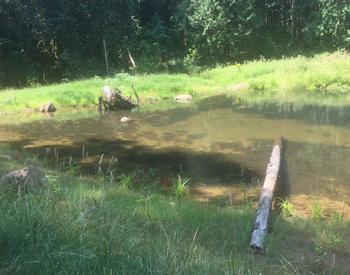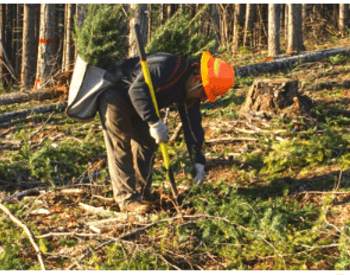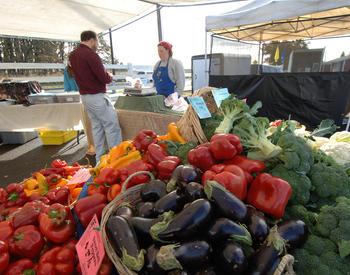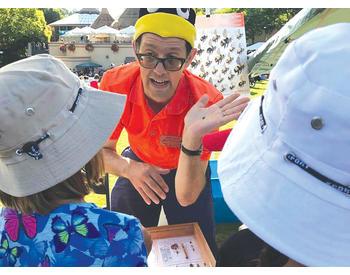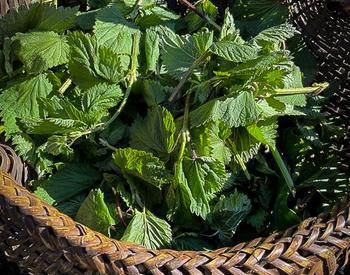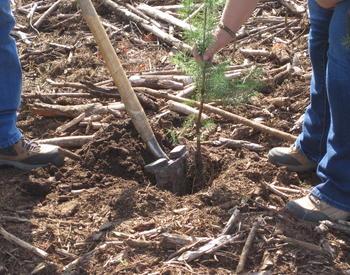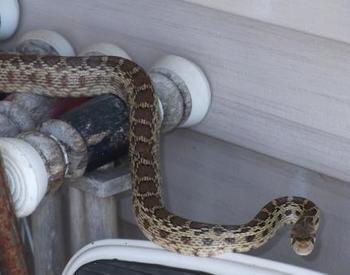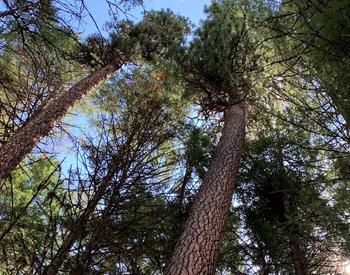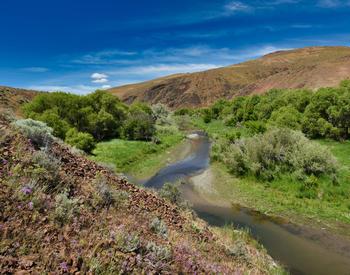Transcript
(bright music)
- Hi, my name is Hayley Brazier
and I am the Curator of Natural History
at the High Desert Museum in Bend, Oregon.
And you are joining us on
our Ponderosa Pine Forest.
We manage 135 acres here at the museum.
We're at a little bit over
4,000 feet in elevation
and receive about 10 to 12 inches
of precipitation every year.
So although this is a very dry forest,
we still support a lot of native species
that attract many types of pollinators
that range from dozens
of types of native bees
to hummingbird, to even moths,
who do the important work
of nocturnal pollination.
So here at the High Desert Museum,
we manage our forest for
educational purposes,
but also because we want a healthy forest
that can support a variety of wildlife,
including pollinators.
There are four main methods we use here
at the High Desert Museum
that you could also use on your property
when wanting to foster a
healthier pollinator habitat.
One is prescribed burns.
We also use a newer type of
method called solarization
where you put plastic onto the ground
to kill invasive species.
We also have a riparian habitat
that supports a lot of native species
that require more water resources.
And finally, we also
actively seed and plant
many parts of our property
to encourage native plants
that'll attract not only more pollinators,
but a variety of species of pollinators.
(bright music continues)
This video uses the activities at the High Desert Museum as an example of how small woodland owners on the east side can promote pollinator habitat.
